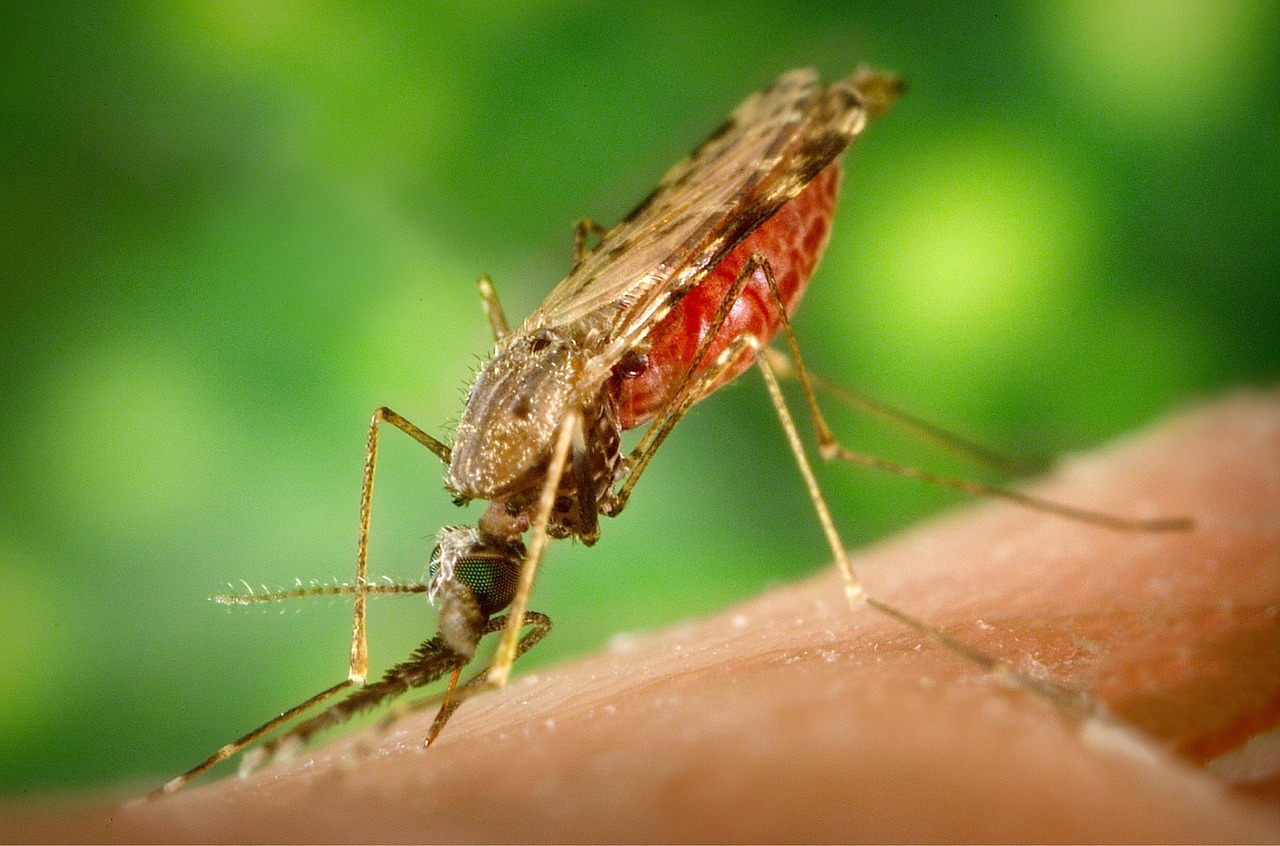Climate change could drive malaria spread
Embargoed until:
Publicly released:
2019-06-26 09:01
As global temperatures warm, it's likely certain mosquito species will be able to spread across greater areas, including those that carry the parasite that causes malaria. However, what little we know about the effect of temperature on the malaria parasite is based on experiments from nearly a century ago. In a new set of experiments, researchers found the current models greatly underestimate the rates of parasite development under cool conditions, suggesting even small rises in temperature could lead to greater risk of malaria transmission than previously thought.
Journal/conference: Biology Letters
Link to research (DOI): 10.1098/rsbl.2019.0275
Organisation/s: Pennsylvania State University, USA
Funder: NIH, NSF, USDA.
Media Release
From: The Royal Society
Exploring the lower thermal limits for development of the human malaria parasite, Plasmodium falciparum
There is considerable concern that climate warming could increase risk of malaria in areas that are currently too cold for the malaria parasites to complete development in the mosquito vectors. Existing understanding of how temperature affects parasite development is based on limited experimental work conducted in the early 1900s. We evaluated parasite development in mosquitoes at a range of relevant temperatures and find that current models greatly underestimate the rates of parasite development under cool conditions. These results suggest that small rises in temperature could lead to greater increases in transmission risk than previously thought.
Attachments:
Note: Not all attachments are visible to the general public
-
The Royal Society
Web page


